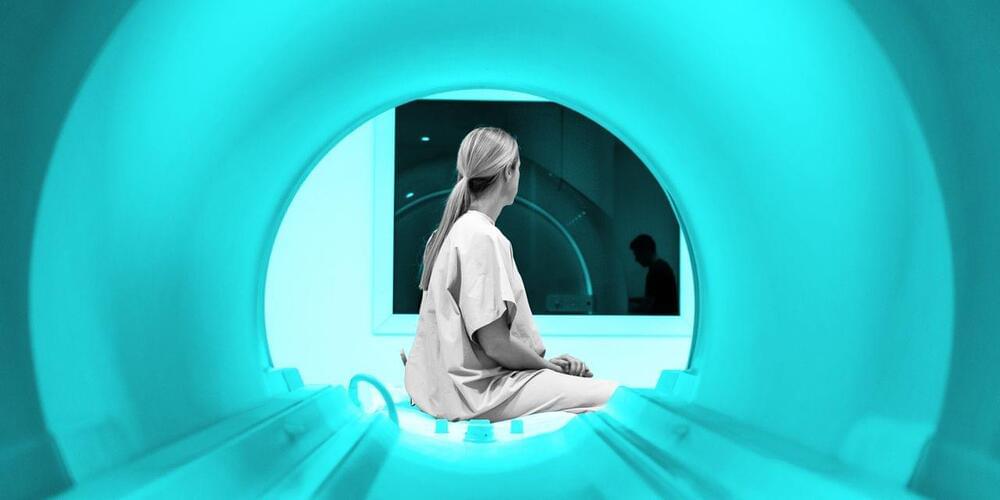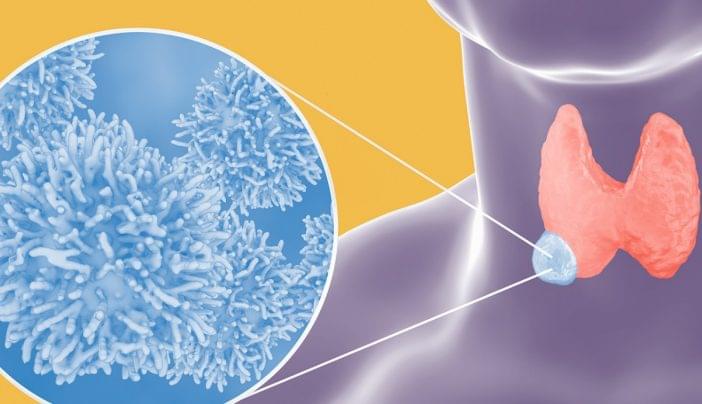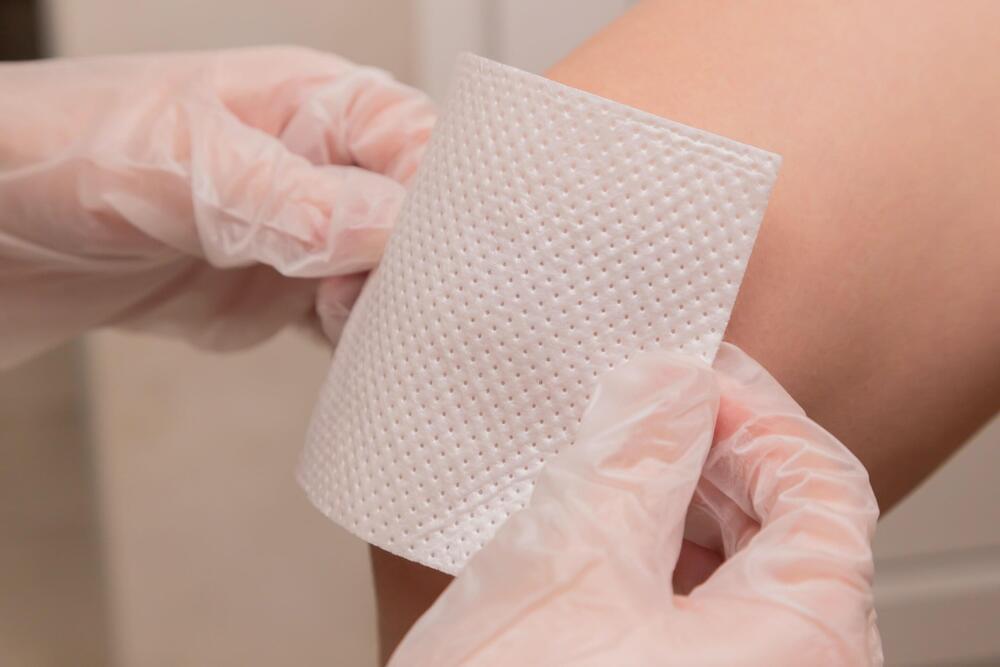Bacteria most commonly associated with acne may not be all bad for skin health.



Waterborne illness is one of the leading causes of infectious disease outbreaks in refugee and internally displaced persons (IDP) settlements, but a team led by York University has developed a new technique to keep drinking water safe using machine learning, and it could be a game changer. The research is published in the journal PLOS Water.
As drinking water is not piped into homes in most settlements, residents instead collect it from public tap stands using storage containers.
“When water is stored in a container in a dwelling it is at high risk of being exposed to contaminants, so it’s imperative there is enough free residual chlorine to kill any pathogens,” says Lassonde School of Engineering Ph.D. student Michael De Santi, who is part of York’s Dahdaleh Institute for Global Health Research, and who led the research.

For prospective parents who are carriers of many inherited diseases, using in vitro fertilization along with genetic testing would significantly lower health care expenditures, according to researchers at Stanford Medicine.
Preimplantation genetic diagnostic testing during IVF, or PGD-IVF, is being used to screen for single-gene defect conditions such as cystic fibrosis, sickle cell disease and Tay-Sachs disease, along with nearly 400 others.
The problem is that the high cost of IVF — and the lack of coverage by all but one state Medicaid program, that of New York — makes it unavailable to millions of people at risk. The majority of private employer health benefit plans also do not cover IVF.

Research has brought clarity to the longstanding question of how starch granules form in the seeds of Triticeae crops—wheat, barley, and rye—unlocking diverse potential benefits for numerous industries and for human health.
Starch in wheat, maize, rice and potatoes is a vital energy-giving part of our diet and a key ingredient in many industrial applications from brewing and baking to the production of paper, glue, textiles, and construction materials.
Starch granules of different crops vary greatly in size and shape. Wheat starch (and those of other Triticeae) uniquely have two distinct types of granules: large A-type granules and smaller B-type granules.

Human eyes are the only natural window we have into a person’s central nervous system.
By looking through them, scientists have found very early signs of Parkinson’s disease, up to seven years before symptoms emerge.
The findings are based on three-dimensional eye scans, which are commonly used by optometrists to examine the health of someone’s retina – the layer of nerve cells at the back of the eye.

Researchers from the University of Cambridge have unveiled a surprising discovery that holds the potential to reshape the landscape of electrochemical devices. This new insight opens the door for the creation of cutting-edge materials and paves the way for enhancements in sectors like energy storage, neuromorphic computing, and bioelectronics.
Electrochemical devices rely on the movement of charged particles, both ions, and electrons, to function properly. However, understanding how these charged particles move together has presented a significant challenge, hindering progress in creating new materials for these devices.
In the rapidly evolving field of bioelectronics, soft conductive materials known as conjugated polymers are used for developing medical devices that can be used outside of traditional clinical settings. For example, this type of material can be used to make wearable sensors that monitor patients’ health remotely or implantable devices that actively treat disease.
Dr. Joni L. Rutter, Ph.D., (https://ncats.nih.gov/director/bio) is the Director of the National Center for Advancing Translational Sciences (NCATS — https://ncats.nih.gov/) at the U.S. National Institutes of Health (NIH) where she oversees the planning and execution of the Center’s complex, multifaceted programs that aim to overcome scientific and operational barriers impeding the development and delivery of new treatments and other health solutions. Under her direction, NCATS supports innovative tools and strategies to make each step in the translational process more effective and efficient, thus speeding research across a range of diseases, with a particular focus on rare diseases.
By advancing the science of translation, NCATS helps turn promising research discoveries into real-world applications that improve people’s health. The NCATS Strategic Plan can be found at — https://ncats.nih.gov/strategicplan.
In her previous role as the NCATS deputy director, Dr. Rutter collaborated with colleagues from government, academia, industry and nonprofit patient organizations to establish robust interactions with NCATS programs.
Prior to joining NCATS, Dr. Rutter served as the director of scientific programs within the All of Us Research Program, where she led the scientific programmatic development and implementation efforts to build a national research cohort of at least 1 million U.S. participants to advance precision medicine. During her time at NIH, she also has led the Division of Neuroscience and Behavior at the National Institute on Drug Abuse (NIDA). In this role, she developed and coordinated research on basic and clinical neuroscience, brain and behavioral development, genetics, epigenetics, computational neuroscience, bioinformatics, and drug discovery. Dr. Rutter also coordinated the NIDA Genetics Consortium and biospecimen repository.
Throughout her career, Dr. Rutter has earned an international reputation for her diverse and unique expertise via her journal publications and speaking engagements, and she has received several scientific achievement awards, including the 2022 Rare Disease Legislative Advocates–RareVoice Award for Federal Advocacy and the 2022 FedHealthIT–Women in Leadership Impact Award.
Dr. Rutter received her Ph.D. from the Department of Pharmacology and Toxicology, Dartmouth Medical School, Hanover, New Hampshire, and completed a fellowship at NCI within the Division of Cancer Epidemiology and Genetics.

The thyroid is a butterfly-shaped gland in your lower neck. It produces hormones that help regulate your metabolism, temperature and energy levels.
Thyroid cancer develops when cells within the thyroid mutate and grow abnormally. Thyroid cancer symptoms can be subtle early on and sometimes are blamed on an infection or a seasonal allergy. Thyroid cancer is highly treatable using a variety of methods.

It’s notoriously difficult for doctors to identify a wound that is becoming infected. Clinical signs and symptoms are imprecise and methods of identifying bacteria can be time-consuming and inaccessible, so a diagnosis can be subjective and dependent on clinician experience. But infection can stall healing or spread into the body if it isn’t treated quickly, putting a patient’s health in grave danger. An international team of scientists and clinicians thinks they have the solution: a device run from a smartphone or tablet app, which allows advanced imaging of a wound to identify infection.
“Wound care is one of today’s most expensive and overlooked threats to patients and our overall health care system,” said Robert Fraser of Western University and Swift Medical Inc., corresponding author of the study published in Frontiers in Medicine. “Clinicians need better tools and data to best serve their patients who are unnecessarily suffering.”
The scientists developed a device called the Swift Ray 1, which can be attached to a smartphone and connected to the Swift Skin and Wound software. This can take medical-grade photographs, infrared thermography images (which measure body heat), and bacterial fluorescence images (which reveal bacteria using violet light).